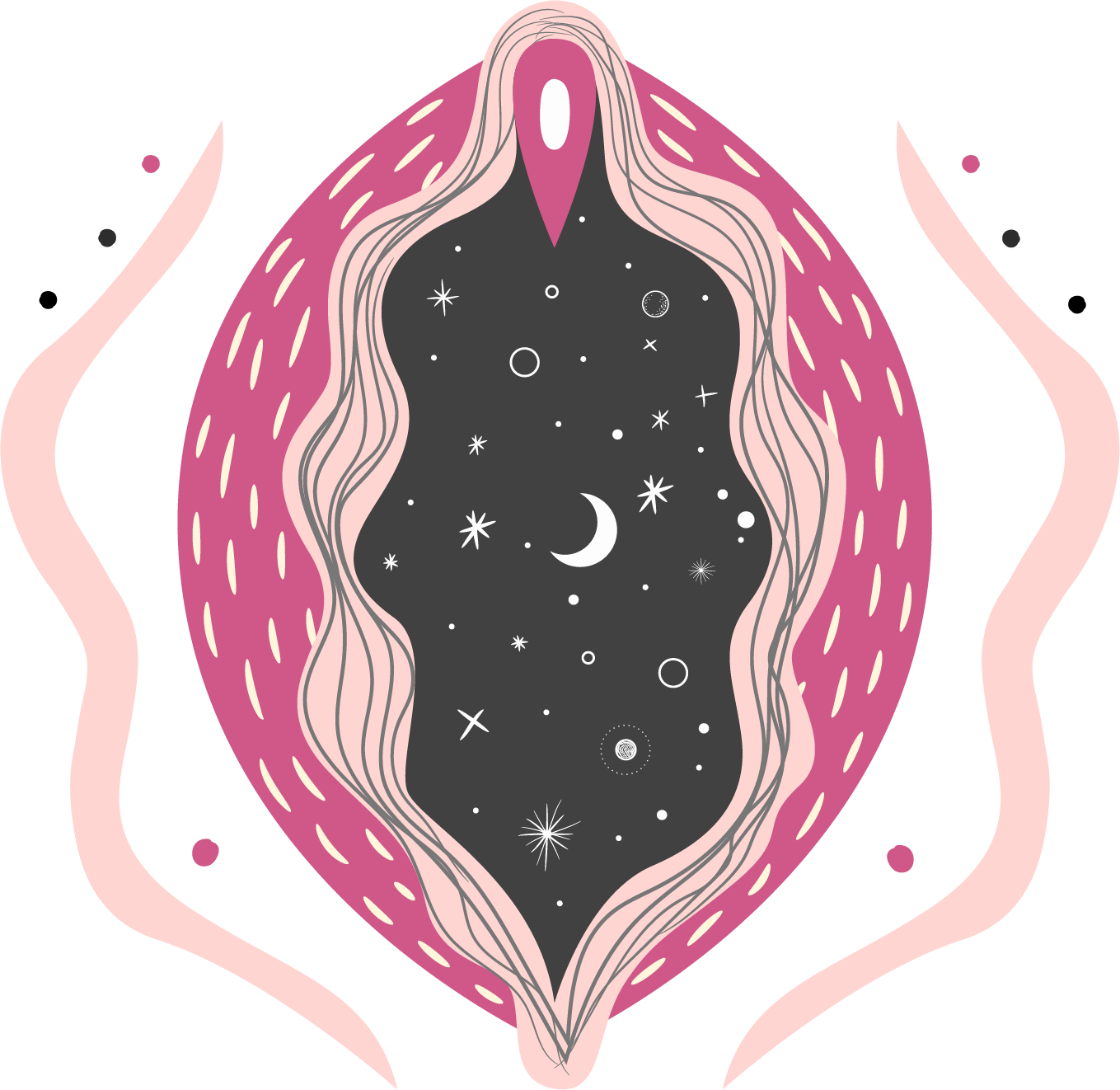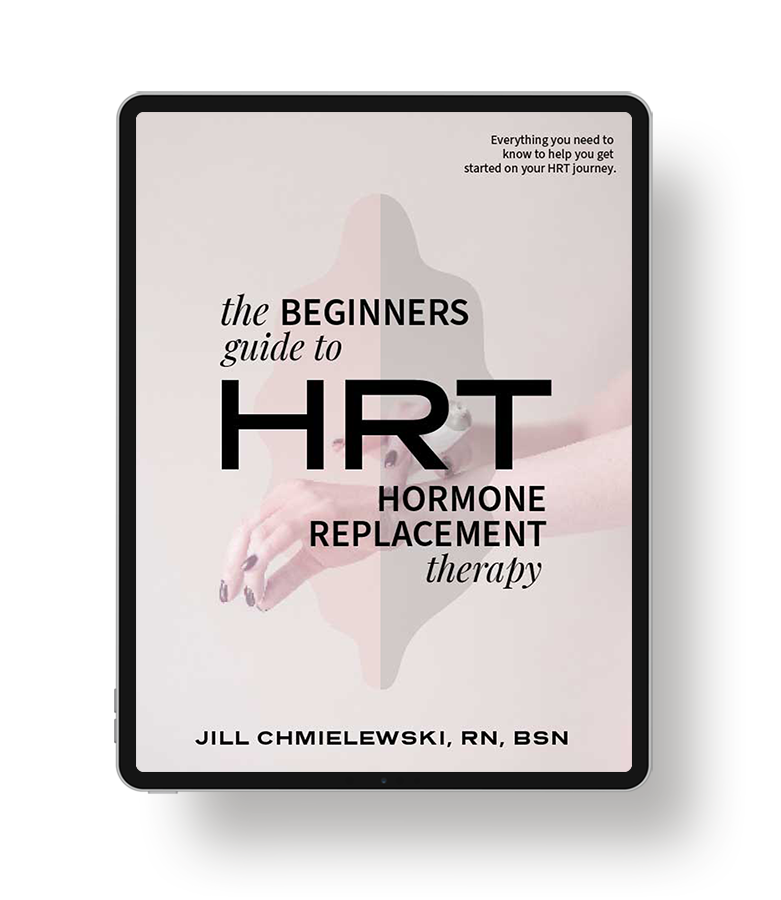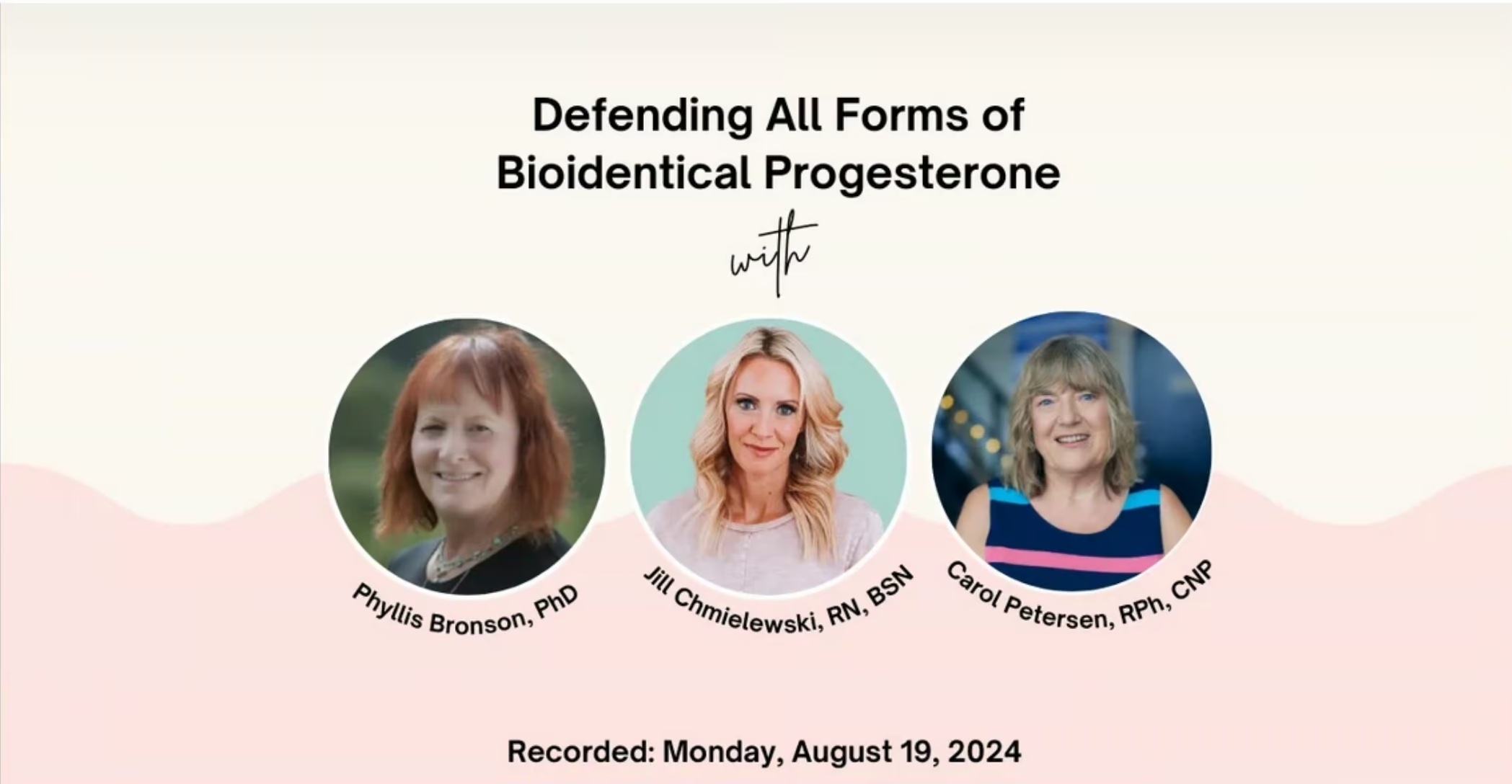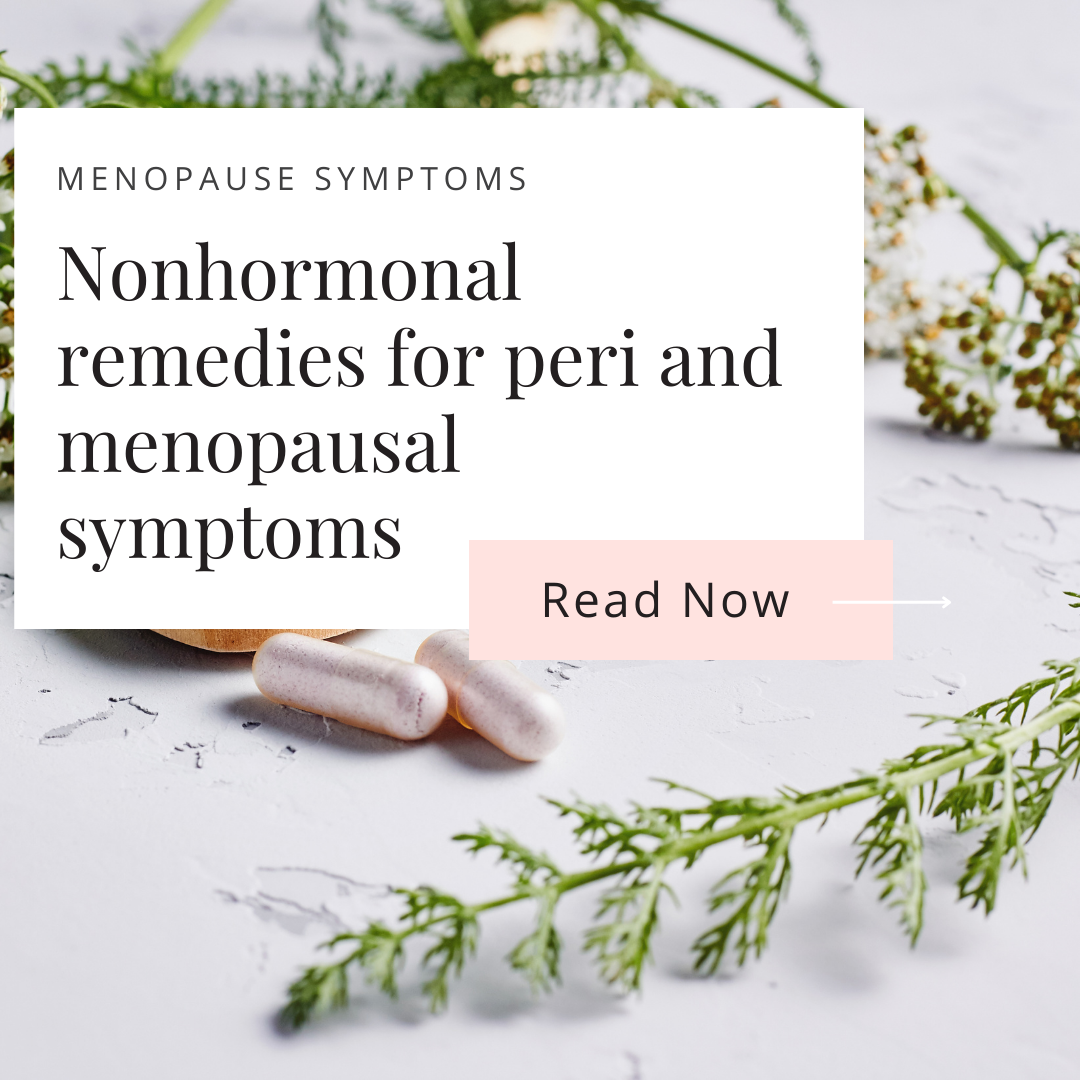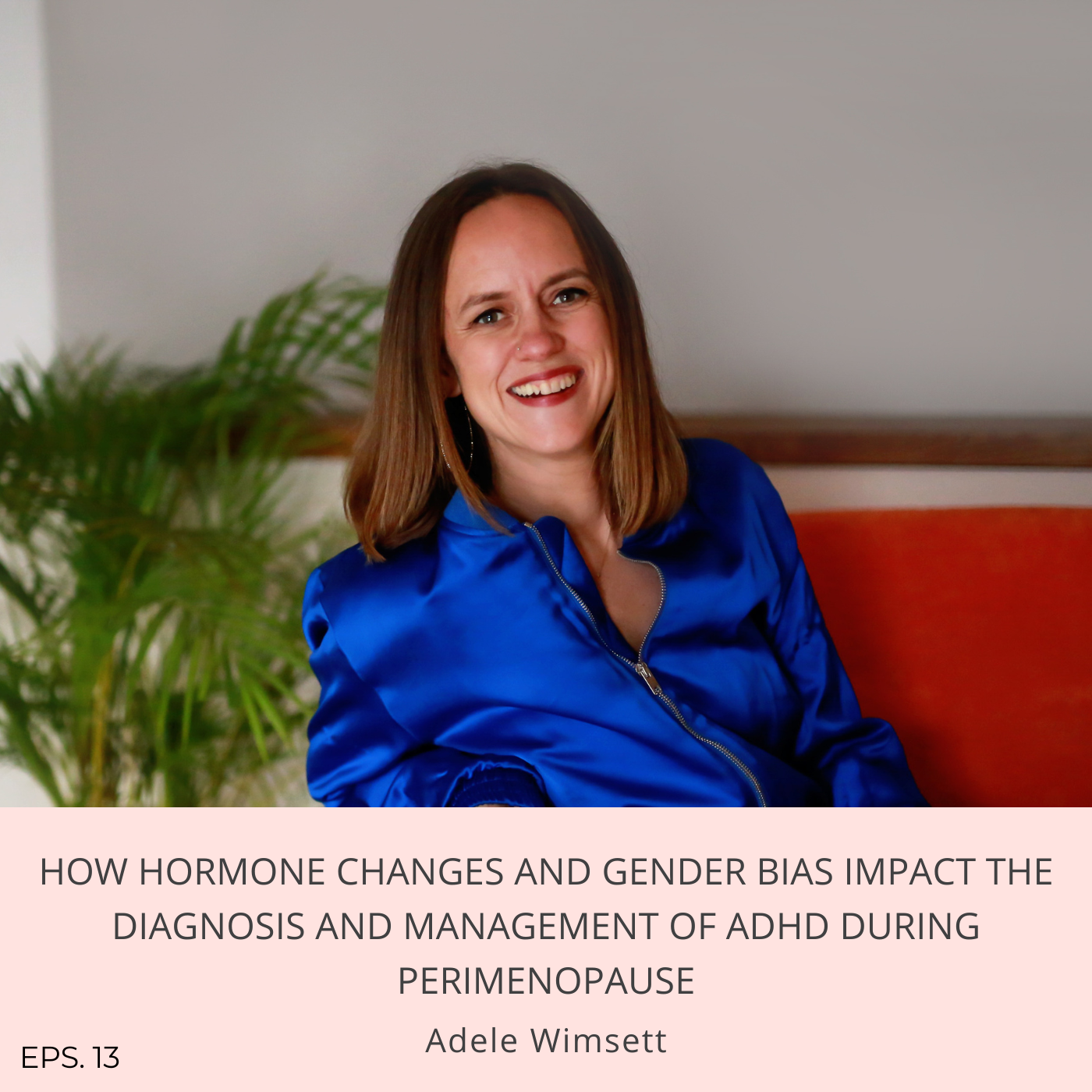I wasn’t always opposed to the birth control pill. In fact, I was on the pill for almost 10 years.
As a teenager, I had terrible, irregular periods with heavy cramping, heavy bleeding, and horrible PMS symptoms. My symptoms seemed to worsen each month until one day, I ended up in the emergency room because my cramps were so excruciating. It was at that point that my doctor recommended “the pill”.
I vaguely recall the details of our conversation other than a few key points:
- I would no longer have terrible cramps
- My PMS symptoms would improve; AND,
- I would have a regular period.
It was the solution I had been waiting for, and I was in.
The pill worked like a charm and my painful, irregular periods were a thing of the past. But when I came off the pill in my mid 20’s, my cycle symptoms were significantly worse than before I started on the pill. I also suffered from digestive issues, weight gain, and mood changes, which is pretty common in women taking the birth control pill.
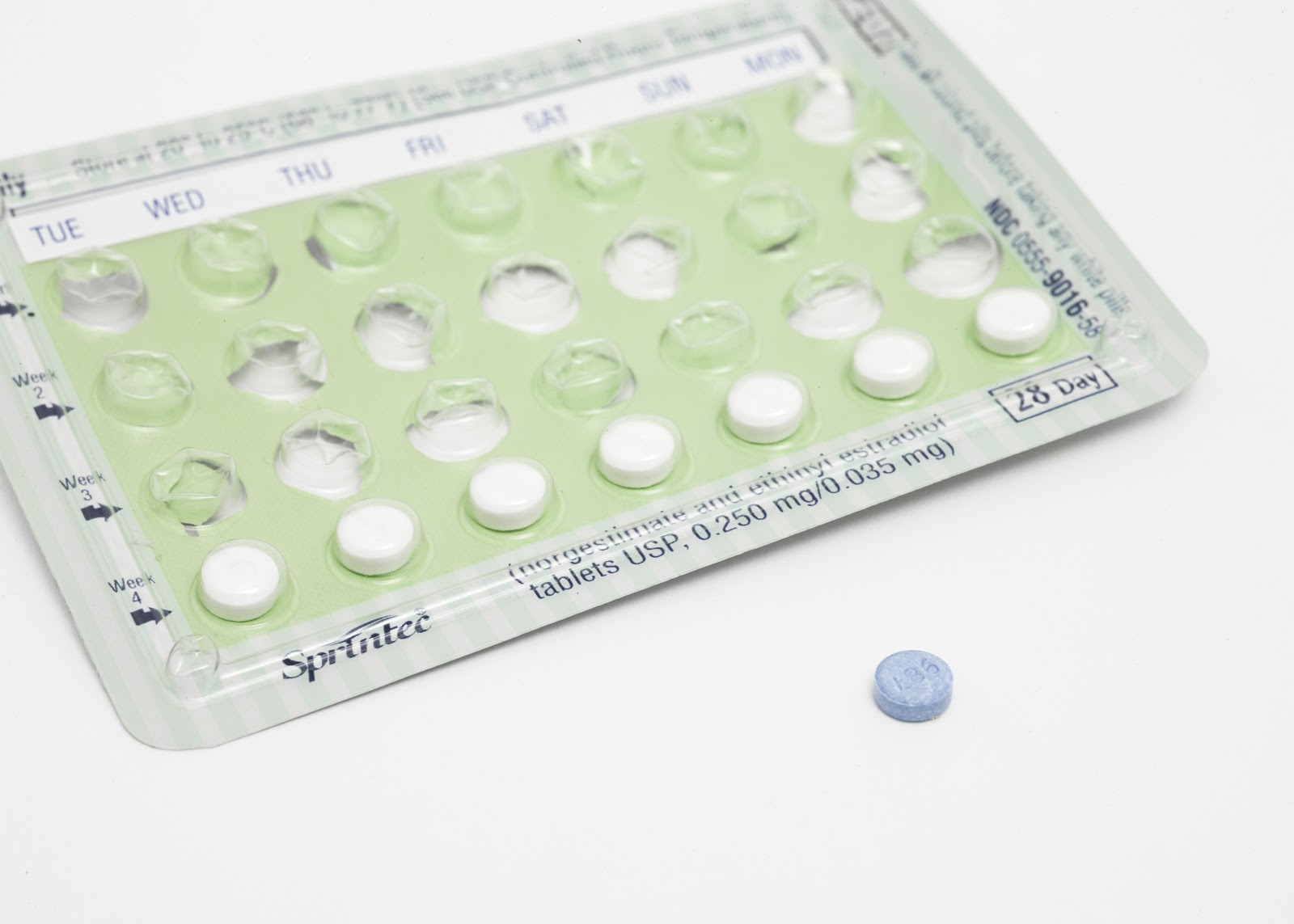
Photo Credit: @thoughtcatalog
Here’s the deal…
A woman’s hormones are supposed to fluctuate throughout her cycle. Estrogen should be dominant in the first half of the menstrual cycle and progesterone should be dominant in the second half of the cycle.
Here’s why I am not a fan of the birth control pill……
The pill works by providing synthetic (aka artificial or man-made) hormones (either estrogen and progesterone or just progesterone) which fools the body into thinking it’s pregnant to prevent the ovaries from releasing an egg.
The main problem with this is that:
- Artificial estrogen is foreign to the body and it isn’t broken down in the same way that natural estrogen is.
- Not only that, synthetic estrogen is disruptive to your entire endocrine (hormone) system and this, in turn, wreaks havoc on your entire body.
- Artificial progestin has its own set of problems and actually suppresses natural progesterone production.
- And unfortunately, progestin does not have the same action as natural progesterone.
The bottom line is that when a woman takes the pill, it completely disrupts her natural hormone cycle and rhythm, and most women find that when they come off the pill, their cycles are worse than when they went on the pill to begin with.
To boot, the pill contributes to leaky gut, a condition in which the small intestinal lining becomes damaged, causing undigested food particles, toxic waste products, and bacteria to “leak” through the intestines and into the bloodstream.
If that weren’t bad enough, being on the pill all but ensures that a woman is in a constant state of estrogen dominance, which is not normal or natural in the body. Estrogen dominance, or an excess of estrogen in relation to progesterone results in a whole slew of symptoms that make women feel terrible including:
- Bloating
- Water retention/weight gain/ swollen appearance
- Strong premenstrual symptoms (PMS) and abdominal cramps
- Heavy, lengthy menstrual bleeding (often full of clots)
- Irritability/Impatience
- Anxiety
- Headaches, perhaps migraines
- Breast tenderness, cysts
- Outbursts of rage
- Thyroid issues
- Extreme emotional sensitivity
- Panic attacks
- Excess weight in the lower torso, hips, buttocks, thighs
Other side effects of being on the pill include nutrient deficiencies (especially folate, B2, B6, B12, vitamins C and E, selenium, zinc, and magnesium), vaginal candidiasis, gum disease, Crohn’s disease, anxiety and depression, gallstones, blood clots, generalized inflammation, lower sex drive and increased risk for breast cancer. Not so great stuff, right?
Now I know for many women who experience painful periods, the pill feels like the answer to their prayers ~ it sure did for me.
But the truth is that if you experience painful periods and bad PMS, it’s your body’s way of telling you that something needs attention. And taking the “pill” merely masks what is actually happening in your body. Wouldn’t you rather get to the root cause of the issue and address painful periods the right way once and for all?
